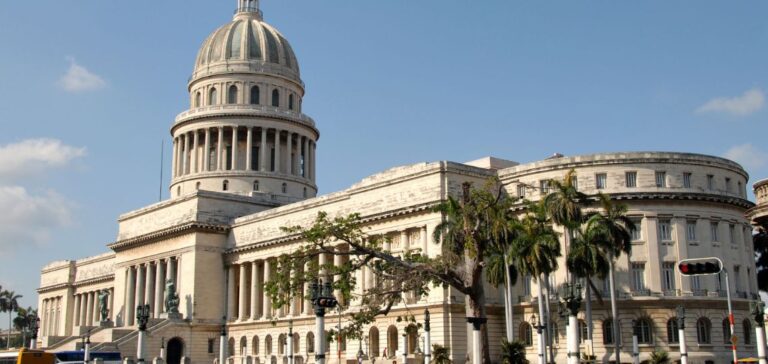Cuba’s national electricity company announced that power is gradually returning to the central and eastern parts of the island, affected by a power outage on Monday night. The power outage was caused by a network problem, which was later resolved, according to Lazaro Guerra, technical director of the National Electricity Union (UNE). The country’s electrical substations are now energized throughout the national power system.
An electrical failure occurred nearly five months after a general blackout
This power outage came nearly five months after a general blackout that plunged the entire country into darkness in September 2022, after the passage of Hurricane Ian. The Cuban authorities acknowledged that electricity production in the country had fallen to “unprecedented levels, to 37.9%” of the country’s total capacity. Since then, load shedding has averaged 10 hours per day per capita.
Damage to the electrical network probably caused by a fire
The Ministry of Energy and Mines said in a statement that the damage to the network was “probably caused” by a fire in a sugarcane field between the towns of Santi Spiritus and Nuevitas. The country has eight thermoelectric power plants, eight boat generators leased from a Turkish company, and a few solar and wind power generation units.
Power outages have caused demonstrations of discontent
The slow return of electricity after the passage of the hurricane had caused demonstrations of discontent in several districts of Havana. The situation had also been a reason for the unprecedented protests that shook the island in July 2021. Since December, load shedding has decreased significantly throughout the country and a gradual return of power can be noted.






















